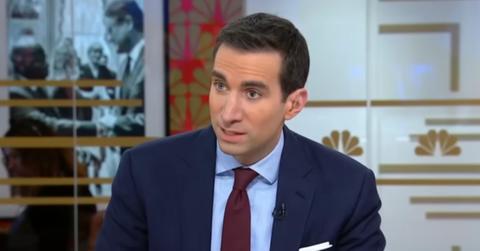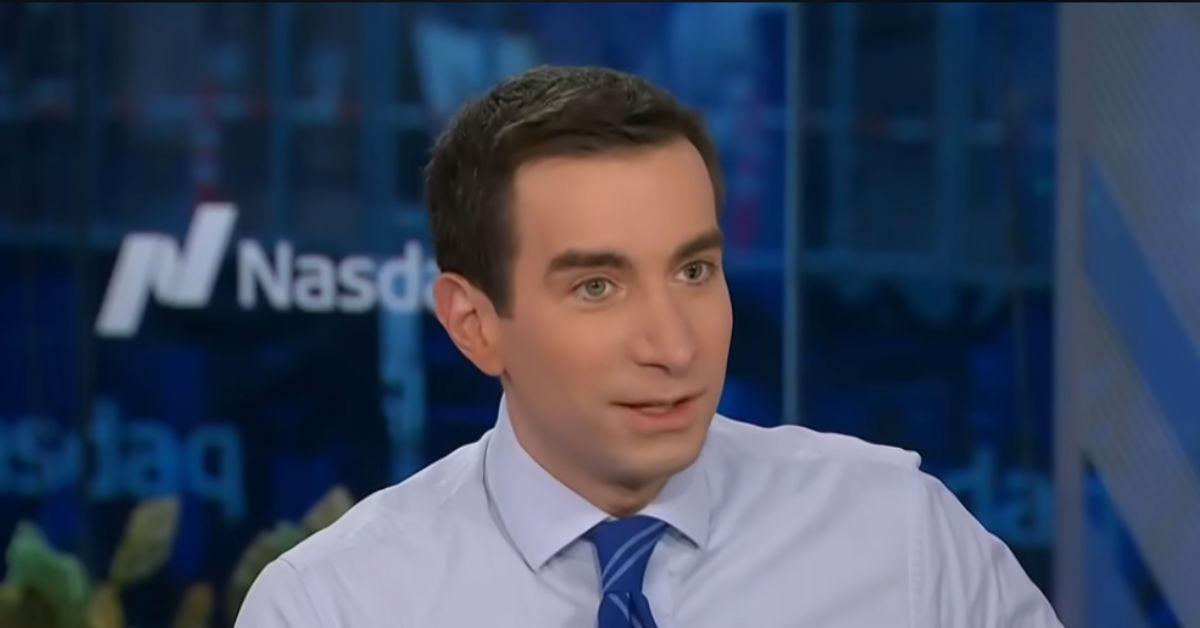What Happened to Andrew Ross Sorkin’s Eye? The Truth Behind His Condition
A rare congenital defect makes one eye appear darker.
Published Oct. 13 2025, 12:06 p.m. ET
If you’ve ever watched Squawk Box on CNBC or caught Andrew Ross Sorkin on stage at a finance summit, you’ve likely noticed something distinctive about his appearance. His left eye looks slightly different from his right. Fans have asked about it for years, often out of curiosity and concern.
The journalist and author, best known for Too Big to Fail and co-creating Billions, has never shied away from the question. In fact, he’s answered it directly on social media, clearing up rumors and explaining exactly what’s going on.
What happened to Andrew Ross Sorkin’s eye has an interesting medical explanation.
Andrew Ross Sorkin has explained that his left eye appears different because of a condition called coloboma, a rare congenital defect where a piece of the eye’s structure is missing.
He confirmed it on X (formerly Twitter), responding to a fan in 2012 who asked about his eye. Andrew wrote: “I have a coloboma in my left eye so the color looks darker. It doesn't impact my vision though."
In another exchange, he told another follower who said he had two different eye colors, "Not really. I've got a coloboma in my left eye which makes it look darker. Doesn't impact my vision."
He has been open about his condition, how it impacts him, and has even answered questions on X about it over the years.
What is coloboma and how does it affect the eye?
According to medical experts at the Cleveland Clinic, a coloboma occurs when part of the eye’s tissue doesn’t fully form before birth. This condition can appear in one eye or both, depending on how the eye develops.
The most noticeable version affects the iris (the colored portion of the eye), creating a distinct, keyhole-shaped pupil. However, colobomas can also form in other areas, such as the retina or optic nerve, where they may not be visible from the outside.
While the condition can occasionally impact vision, many people with coloboma, including Andrew, live with minimal complications. It’s not progressive, meaning it doesn’t worsen over time. It can occur to anyone, but the Cleveland Clinic notes the condition affects one in 10,000 babies born every year. However, not all are noticeable, and many go undiagnosed, so that number may be higher.
Beyond the question of his eye, Andrew’s legacy speaks for itself.
Over the years, Andrew has built one of the most respected careers in journalism. As a New York Times columnist and Squawk Box co-anchor, he’s known for breaking down complex financial stories into relatable insights. His book Too Big to Fail became a bestseller and later an Emmy-winning HBO film, while Billions, the hit Showtime series he co-created, explores the moral gray areas of Wall Street.
In October, his book 1929 hits the shelves and looks at the financial and Wall Street similarities between today and 1929. "I just can't tell you when, and I can't tell you how deep," he said to CBS News. "But I can assure you, unfortunately, I wish I wasn't saying this, we will have a crash."
Andrew's decision to talk openly about his condition not only cleared up confusion but also modeled something refreshing in the media: transparency without drama. He’s proven that it’s possible to acknowledge a difference, educate others, and move on. His coloboma doesn’t define him, but his openness about it has made him even more relatable to his viewers.

